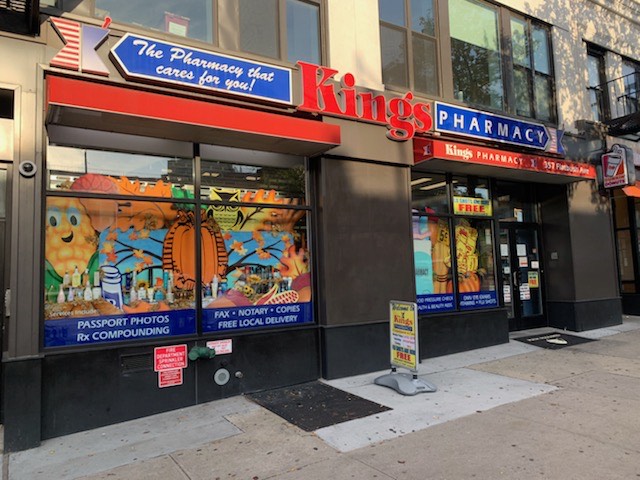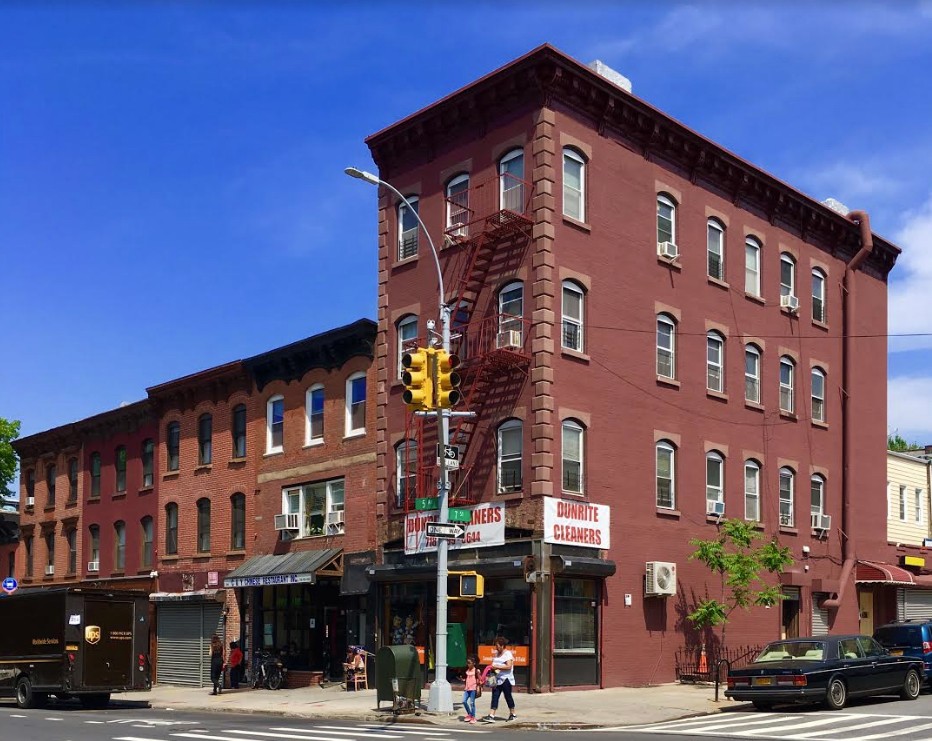Brooklyn neighborhood pharmacy owner describes challenges amid pandemic

One might think that despite so many business failures during the coronavirus pandemic, all drugstores would be financially safe and might even prosper. After all, people need their prescription drugs, no matter what’s going on in the world.
However, this is not so for small neighborhood drugstores, says one Brooklyn pharmacist. The pharmacist is Ron Del Gaudio, whose family owns Kings Pharmacy on Flatbush Avenue in Park Slope as well as two other Kings Pharmacies, one near SUNY Downstate and the other on Manhattan’s Upper East Side. The Kings Pharmacy name started in 1935 on Kings Highway.
For one thing, he said, the drugstores have to comply with COVID-19 related CDC guidelines: installing plexiglass barriers, requiring hand sanitizer, promoting social distancing between customers waiting in line, and more. All of this takes time, effort and money.
